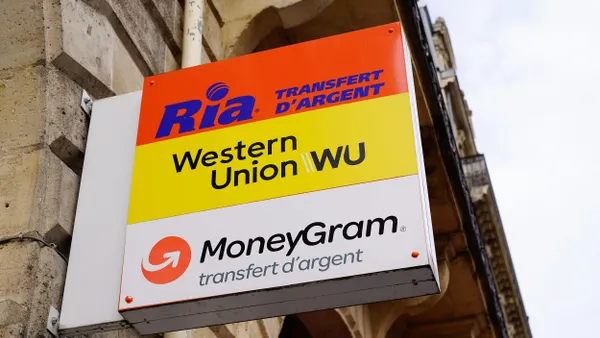Every time the U.S. Postal Service delivers the mail to our house in the suburbs of Philadelphia, my wife Marci keeps a close eye out for credit card offers which she immediately shreds into oblivion to thwart potential identity thieves. She also needs to keep them away from a member of the household with a history of spending money he didn't have. That would be me.
I will spare you the gory details but suffice to say, my credit was terrible before I got married. Bill collectors knew my name. A balanced checkbook was a foreign concept to me. Marci, who was trained as an accountant, overlooked these and many other faults and married me anyway. She manages the household budget and trained me so well that I just hand her any mail with a credit card company's name on it unopened.
Now all my aversion therapy is being put to the test.
Credit card companies are eager for Americans to spend like the Coronavirus pandemic never happened. Researchers from the Federal Reserve in November reported that credit card balances, which fell during the worst public health crisis in more than a century, rose in the second and third quarters last year while debit card use soared.
"The changes that we saw over the past two quarters were notable in their relative normalcy with regard to the increasing levels and the typical seasonal pattern of credit card balances, after a particularly challenging year," the economists wrote.
Credit snapped back from a steep drop that occurred in 2020 after the deadly contagion and its aftermath led to financial insecurity for a broad swath of Americans who faced healthcare repercussions and employment upheaval. While credit use stalled at that time, debit continued to climb.
Like any good business, credit card companies are striking when the iron is hot.
Marketing expenses at Visa rose 58% over last year for the company's fiscal fourth quarter that ended in September. Also, advertising and marketing spending at Mastercard jumped about 30% in the third quarter, the latest results available. American Express showed similar marketing budget boosts.
I am not resting easy since the number of credit card solicitations is on the rise.
"I would pinpoint June as a turning point," said Creditcards.com analyst Ted Rossman in an interview. ”We kind of thought the pandemic was nearing its end. Vaccinations were widespread and travel was picking up. There was kind of this feeling that things were getting back to normal.”
The rising number of Covid cases tied to the omicron variant dashed hopes that the worst public health crisis was nearing the end.
Credit card companies, though, see better times ahead.
"Credit card marketing has remained strong," despite a dip since summer, Rossman said. "We are still seeing aggressive marketing on travel cards, cashback cards, 0% interest cards. The worst fears that credit card companies had in 2020 have definitely not come to fruition. "
Banks are increasingly willing to extend credit to consumers with less than pristine credit. According to data from credit reporting agency Equifax, the 11.6 million general-purpose credit cards issued during the first nine months of 2021 went to consumers with credit scores below 620, the Wall Street Journal reported. That was the highest number of cards ever issued to the subprime-fair rated group in a nine-month period, Equifax confirmed.
Sometimes, though, credit card companies let their standards slip.
My cat Lucy has gotten credit card offers for years as a result of an effort by Marci to avoid spam. I am going to follow Lucy's lead when I am tempted to get another card and take a nap until that feeling goes away.












